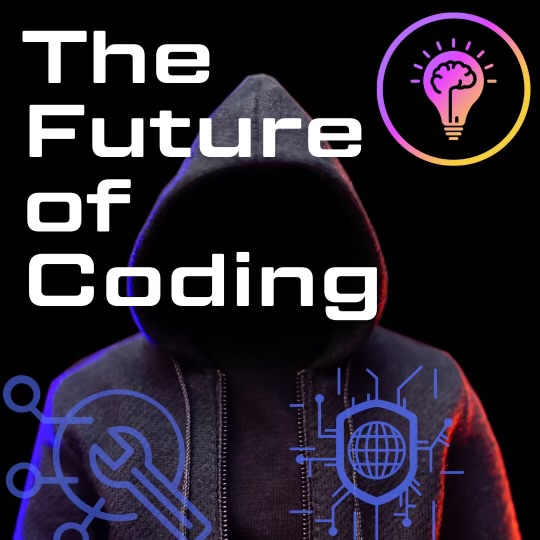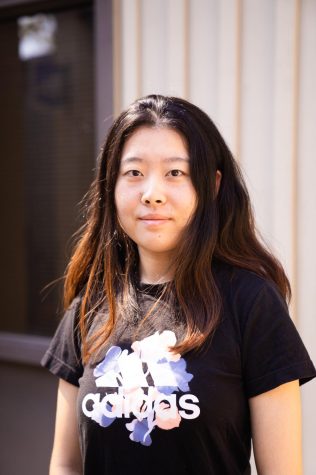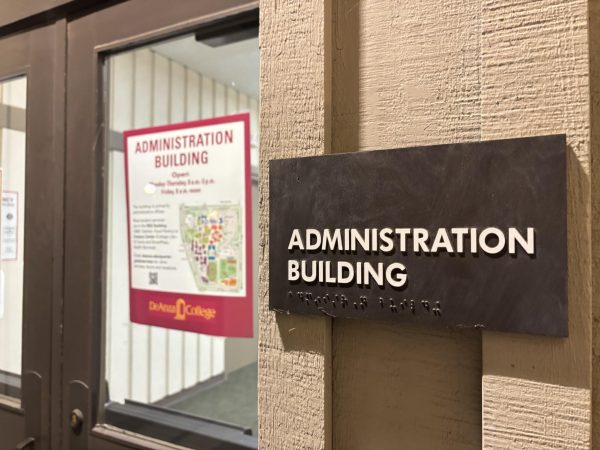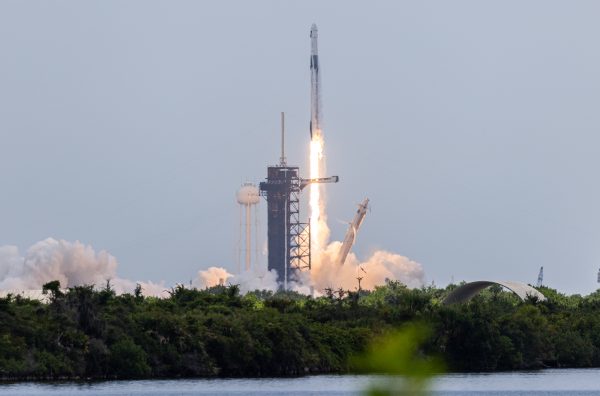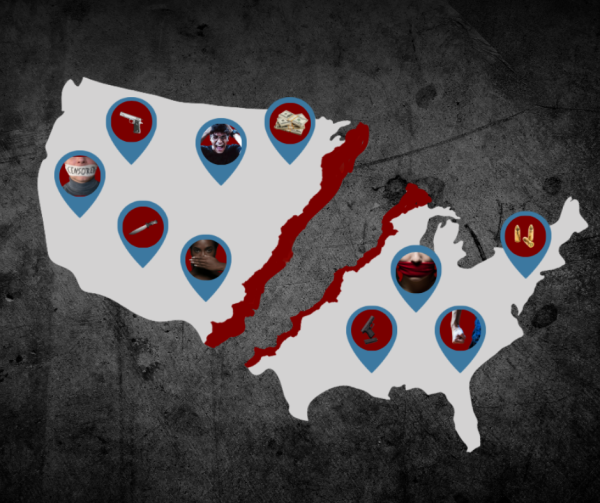Artificial Intelligence will bring new era to the way world works
May 21, 2023
With the rise of artificial intelligence one important question looms— is the future of coding in threat or will a brand new era begin?
From its early beginnings in the mid-20th century to the present day, coding has transformed its practices and impact on society.
As technology has advanced, so too has the way we write and interact with code. Today, coding is a ubiquitous skill that drives innovation across countless industries, shaping our digital landscape and enabling unprecedented possibilities.
I believe there is a strong likelihood that theoretical aspects of coding will be automated as AI advances, however, coding extends beyond writing lines of code; it embodies creativity. While automation may streamline certain aspects of coding, the creative side is likely to remain firmly within the realm of human expertise.
As the digital era unfolded, demands for software and applications skyrocketed. This led to the emergence of new paradigms and programming methodologies. Object-oriented programming (OOP), for instance, brought modularity, reusability, and encapsulation to code, making it easier to manage and maintain complex systems.
The advent of the internet further propelled the evolution of coding. Web development introduced HTML, CSS, and JavaScript as fundamental languages for building websites and interactive user experiences. In recent years, the proliferation of data and the rise of AI have reshaped coding once again.
Data scientists and machine learning engineers employ specialized languages like Python and R to manipulate and analyze vast amounts of data. Moreover, advancements in automation and AI have given rise to the concept of automated code generation and intelligent code completion. Through machine learning techniques, AI models can analyze existing codebases, identify patterns, and generate code snippets, accelerating development processes and reducing human effort.
Throughout history, humans have consistently demonstrated a natural inclination to automate tasks and processes, driven by a desire to shift their focus to new ideas and inventions. This tendency arises from our inherent curiosity, creativity and the pursuit of progress. By automating routine or repetitive tasks, we free up valuable time and cognitive resources to explore uncharted territories and tackle more complex challenges.
For example, in the industrial sector, the automation of manufacturing processes dramatically increased production capacities and improved product quality. As machines took over repetitive tasks, human workers were able to redirect their efforts towards improving product designs, innovating new technologies, and optimizing manufacturing processes.
This continuous cycle of automation and innovation has been a driving force behind societal advancements and human development. Who is to say that the same wouldn’t happen in the world of coding? In fact, it has already begun. If you think about it, creating websites in the past required knowledge of coding languages like HTML, CSS, and Javascript. Today, however, anyone can construct websites.
“I don’t believe AI is anywhere near replacing human developers. It will remove the mundane, boilerplate stuff that people have to do, and they can focus on higher-value things.” Vasi Philomin, Amazon’s Vice President for AI services said in an article.
I firmly believe Philomin’s perspective to be valid. AI-assisted automation offers advantages to simplify tasks and create room for innovation. In fact, it might mark the dawn of a period in which AI and humans coexist with greater efficiency and potential for future growth.
The world’s employment situation may be one of the significant negative impacts of AI development. The consequences of AI development on employment can vary across different sectors and job categories. While some jobs may be completely eliminated, others may undergo transformation, requiring individuals to acquire new skills and adapt to changing job requirements. This can result in short-term job disruptions and challenges for affected workers.
Amy Webb, founder of Future Today Institute and a professor of strategic foresight at New York University said “We need to address a difficult truth that a few are willing to utter aloud: AI will eventually cause a large number of people to be permanently out of work.”
To mitigate the negative impacts, there is a growing emphasis on the need for re-skilling and up-skilling programs to ensure workers can transition to new roles and industries. Government policies, industry initiatives, and educational institutions play a crucial role in addressing the employment impacts of AI development.
The future of coding is a dynamic and evolving landscape. The rise of AI in coding may streamline certain aspects and free up time for developers to tackle more complex challenges and engage in higher-value tasks. However, the impact of AI on employment raises concerns, as certain jobs may be replaced or transformed, necessitating re-skilling and up-skilling initiatives.
The future of coding will require a balance between leveraging automation for efficiency and nurturing human creativity and problem solving abilities. By embracing the opportunities and challenges presented by AI, we can shape a future where humans and machines work in synergy to drive innovation and create meaningful technological advancements.



